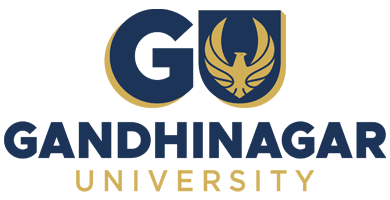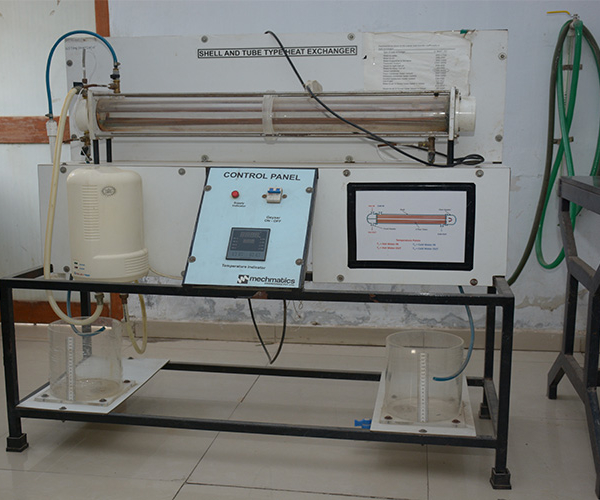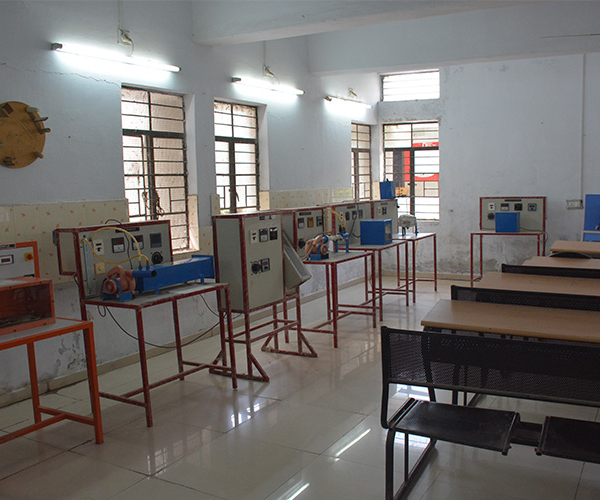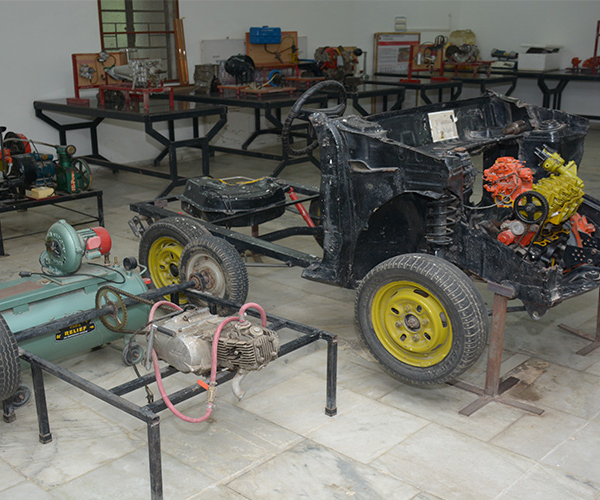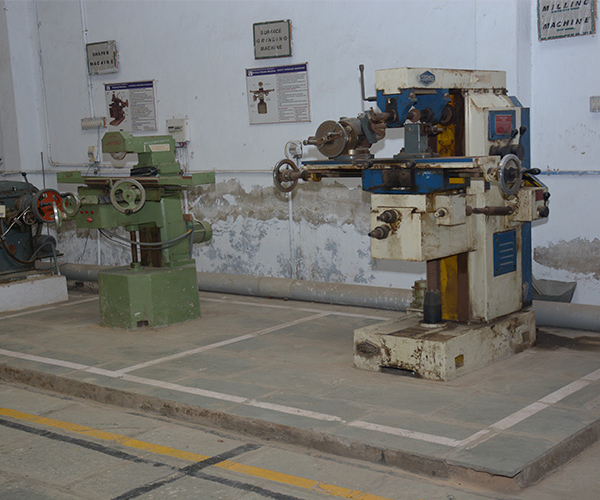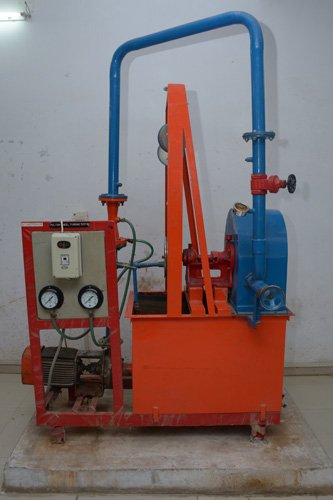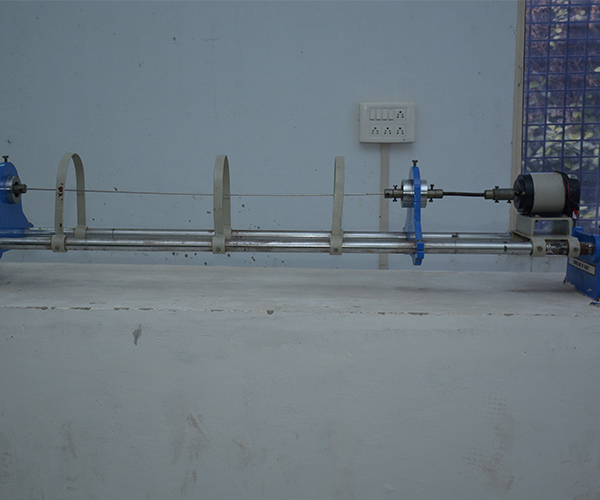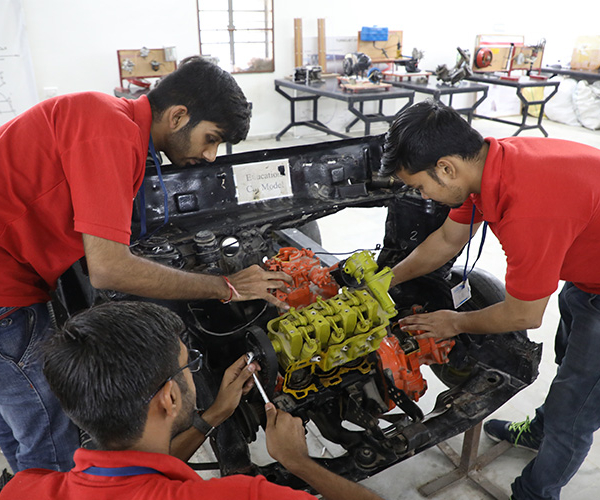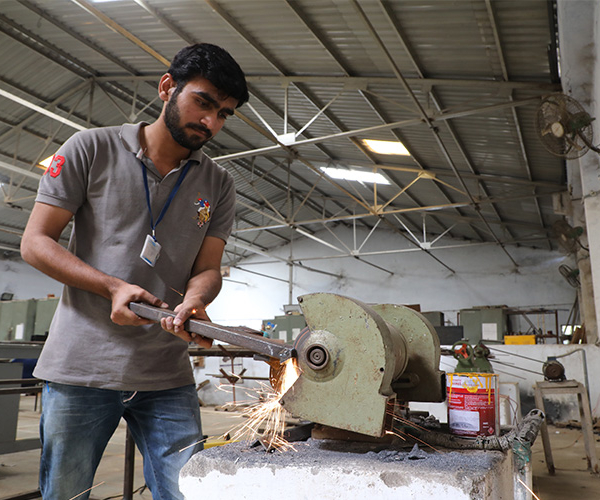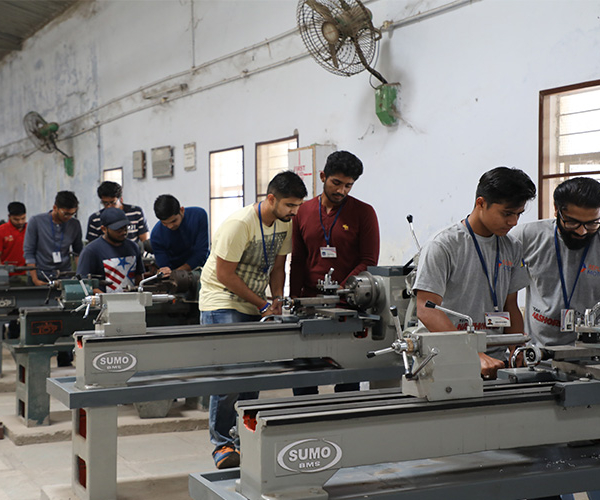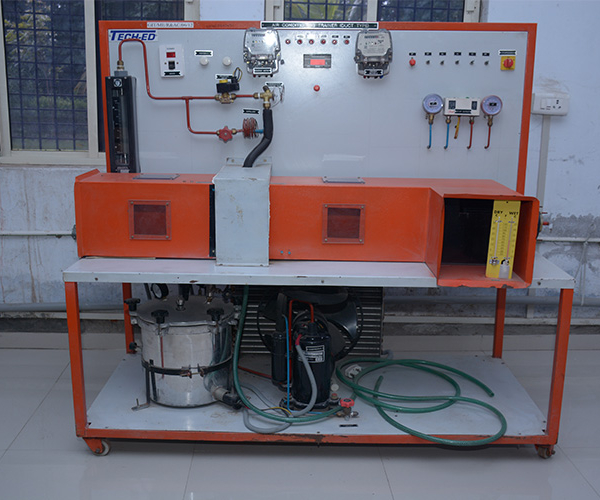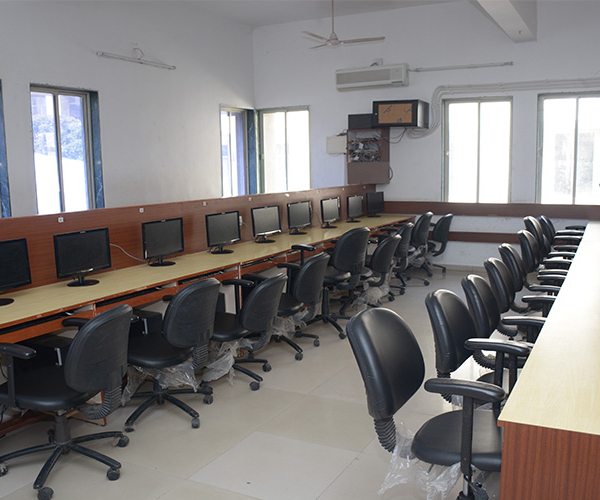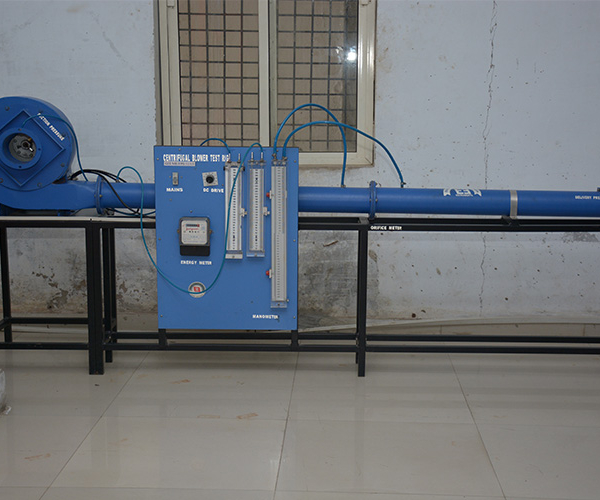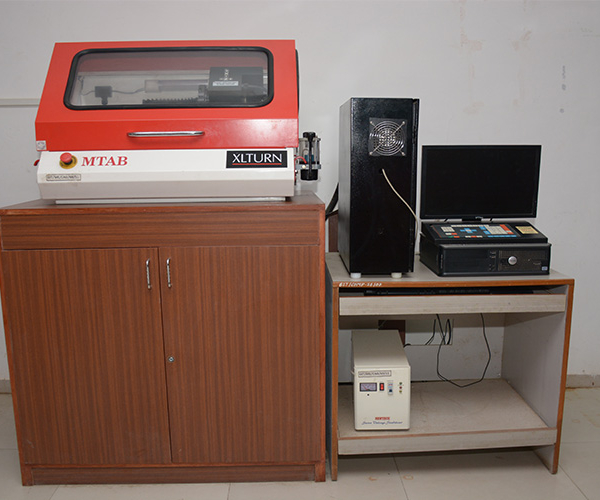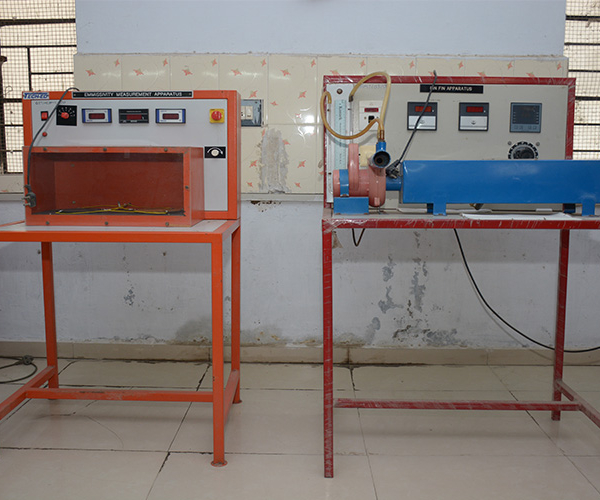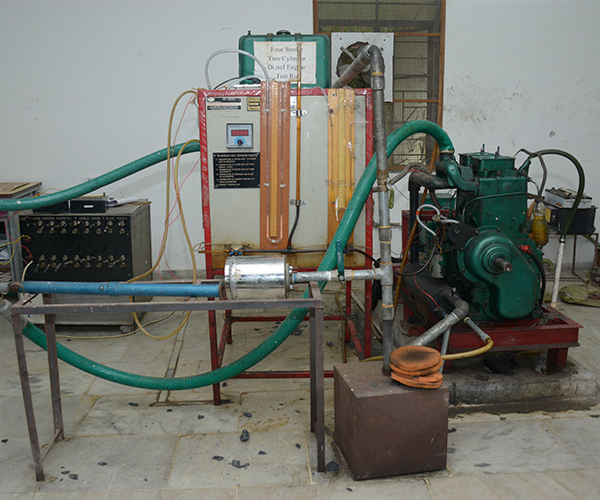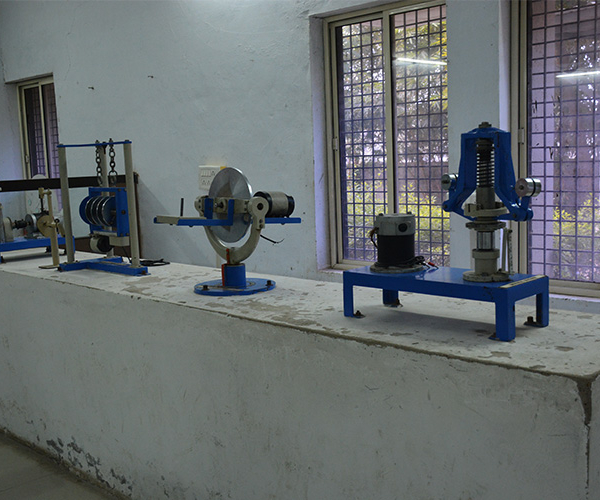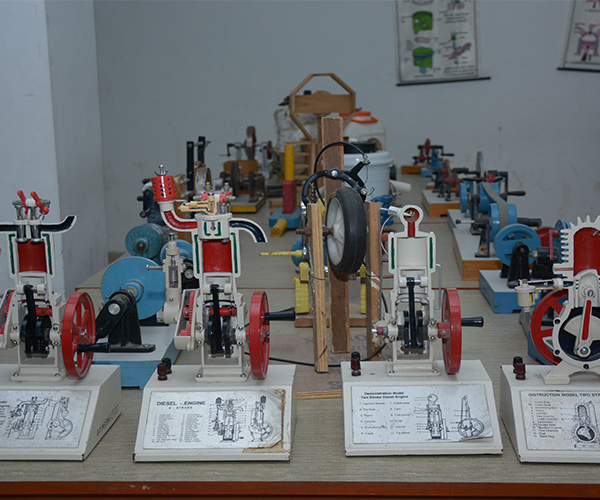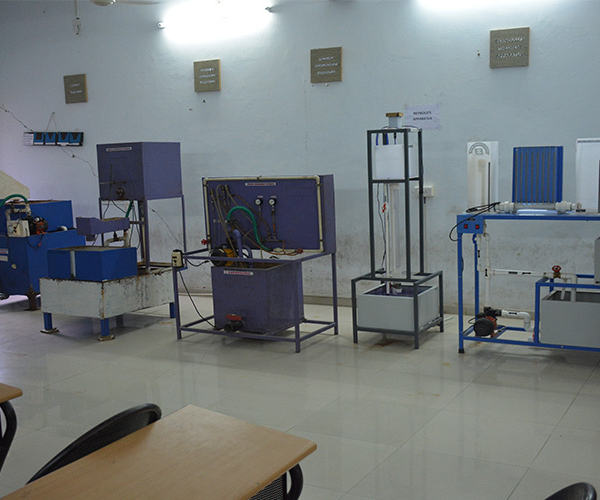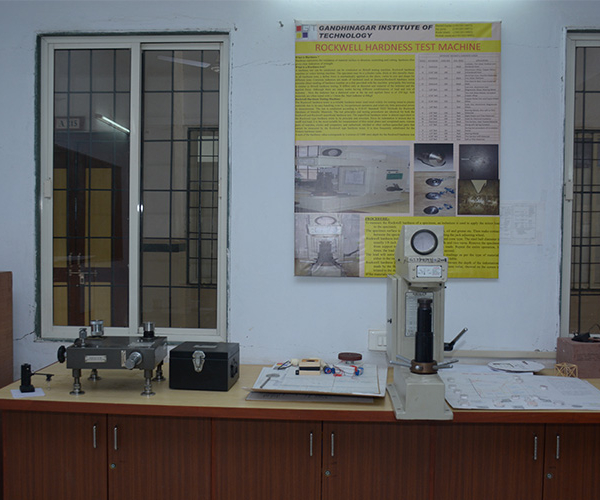Mechanical Engineering
Home / GIT / Program / Mechanical Engineering
About Program
Mechanical engineering is a branch of engineering that designs, analyses, manufactures, and maintains mechanical systems by combining engineering physics and mathematics principles with materials science. It is one of the oldest and most diverse engineering disciplines.
Mechanical engineers must understand fundamental concepts such as mechanics, dynamics, thermodynamics, materials science, structural analysis, and electricity. In addition to these fundamental principles, mechanical engineers use tools such as computer-aided design (CAD), computer-aided manufacturing (CAM), and product lifecycle management to design and analyze manufacturing plants, industrial equipment, machinery, heating and cooling systems, transportation systems, aircraft, watercraft, robotics, medical devices, weapons, and others. It is the branch of engineering concerned with the design, manufacture, and operation of machinery.
The comprehensive course curriculum and intensive practical training enable students to take on the challenges of broad-ranging roles in various departments across various industries.
Courses Offered:
- B. Tech. Mechanical (180)
- M. Tech. Mechanical Engineering (CAD/CAM (09))
- M. Tech. Mechanical Engineering (Thermal (09))
Vision
Impart outcome-based education to engrave mechanical engineers having a prosperous future with production capabilities and progressive/innovative approach to meet society’s social and economic needs.


Mission
To sensitize mechanical engineering students for a conquering profession/future with the subject-based information of diverse technical components through vital mechanical engineering abilities with a superb mindset and fruitful teamwork with the aid of making them think out of the box using the state-of-the-art laboratory facilities and resources.
PEOs
- To equip the mechanical engineering students with essential knowledge of Basic Engineering Science and Technical Skills.
- To implant a robust foundation in the field of engineering to resolve, investigate and redesign engineering solutions.
- To be aware of students about communal, ecological, and energy-related problems and motivate students to solve problems with engineering skills.
- To nurture students for Industries, Research and Development, and Social Needs.


PSOs
- PSO1: Graduates will brainstorm and solve complicated mechanical and multidisciplinary problems by applying their mechanical engineering skills.
- PSO2: Graduates will perform design-thinking and product development by applying knowledge of material science, design, manufacturing, and thermal engineering.
- PSO3: Graduates will be able to start their professions as startups and entrepreneurs.
Students learn the following fundamental subjects of mechanical engineering:
- Statics & Dynamic
- Instrumentation and Measuremen
- Thermodynamics, Heat transfer, Energy Conversion and Refrigeration / Air Conditioning
- Fluid Mechanics / Fluid Dynamics
- Mechanism Design (including Kinematics and Dynamics)
- Manufacturing Technology or Processes
- Hydraulics & Pneumatics
- Engineering Design
- CAD / CAM
- Control Theory
- Drafting, CAD (usually including Solid Modeling) and CAM
- Thermal Engineering
- Energy Conservation and Management
What Students Learn
- Mechanical Measurement & Metrology
- Heat and Mass Transfer, Refrigeration and Air-conditioning
- Power Plant Engineering
- Internal Combustion Engines
- Automobile Engineering
- Renewable Energy Sources
- Control Engineering
- Industrial Engineering
- Operation Research
- Product Design and Value Engineering


